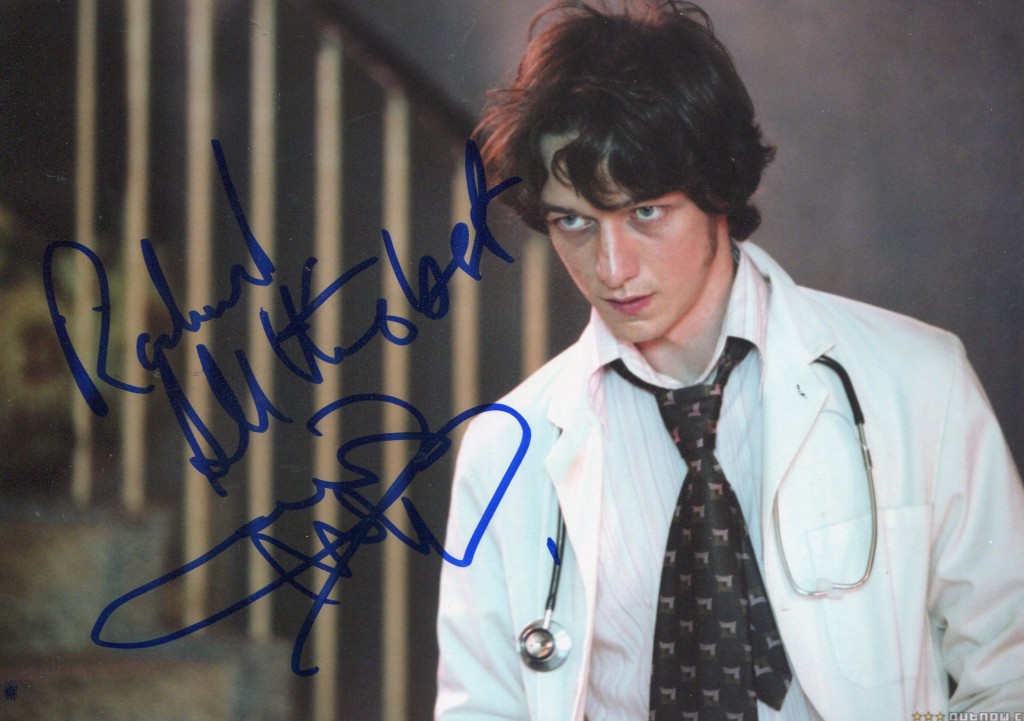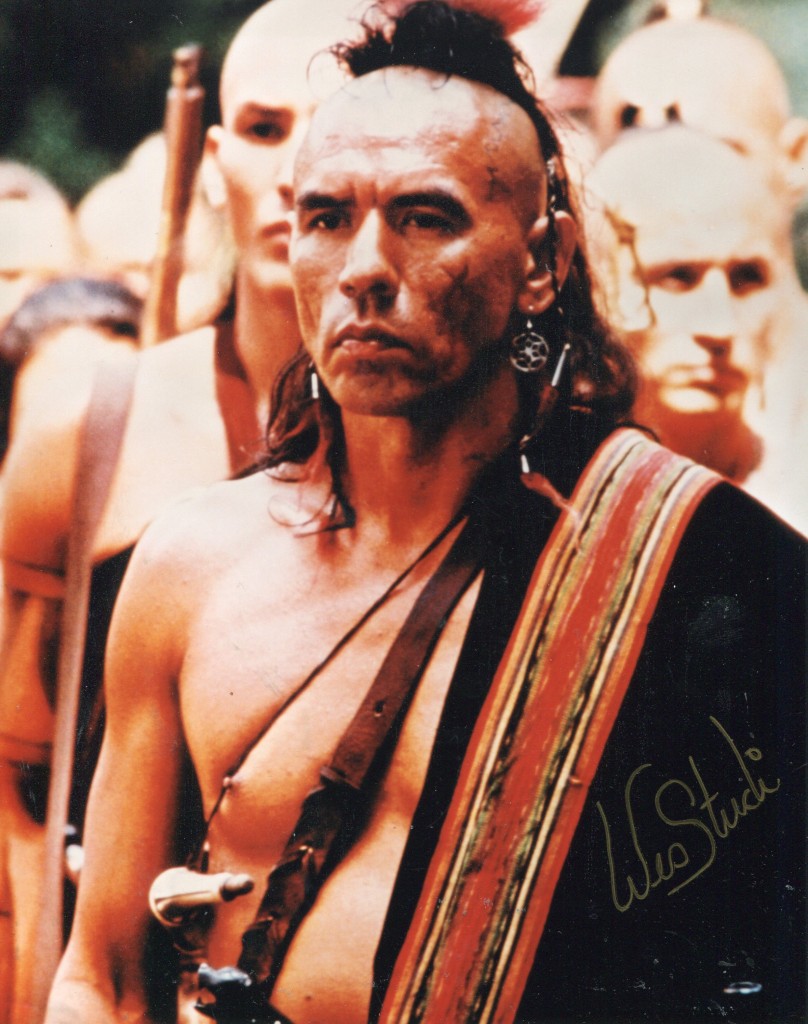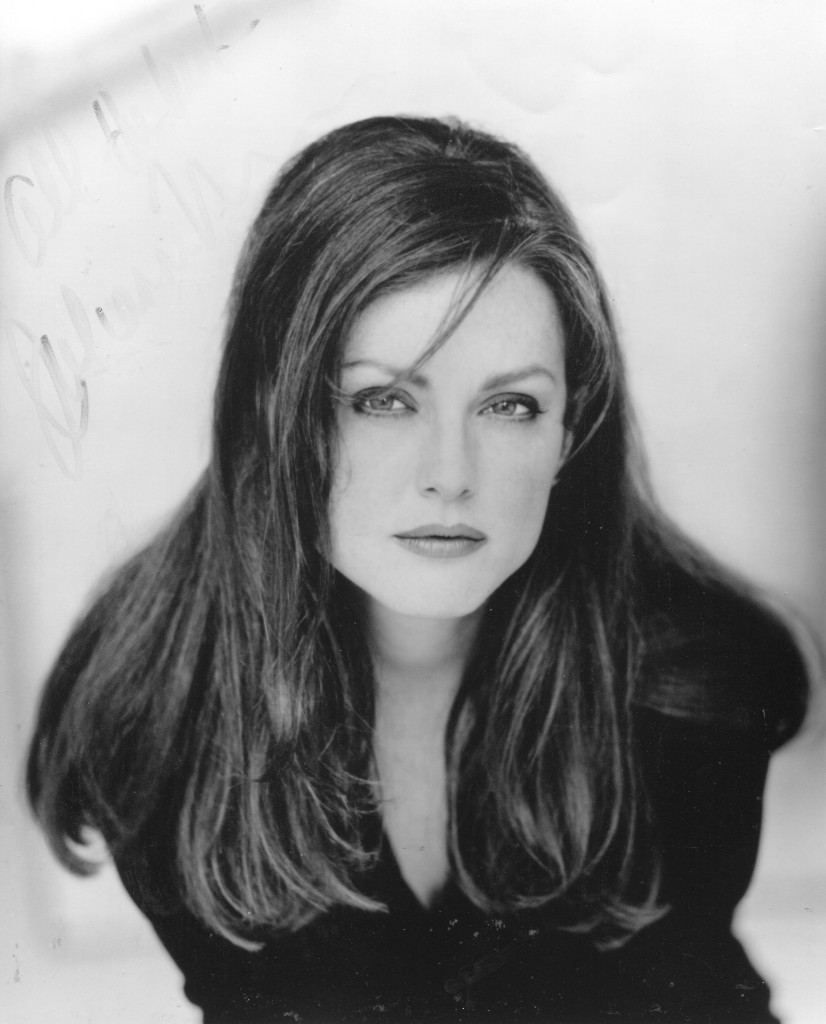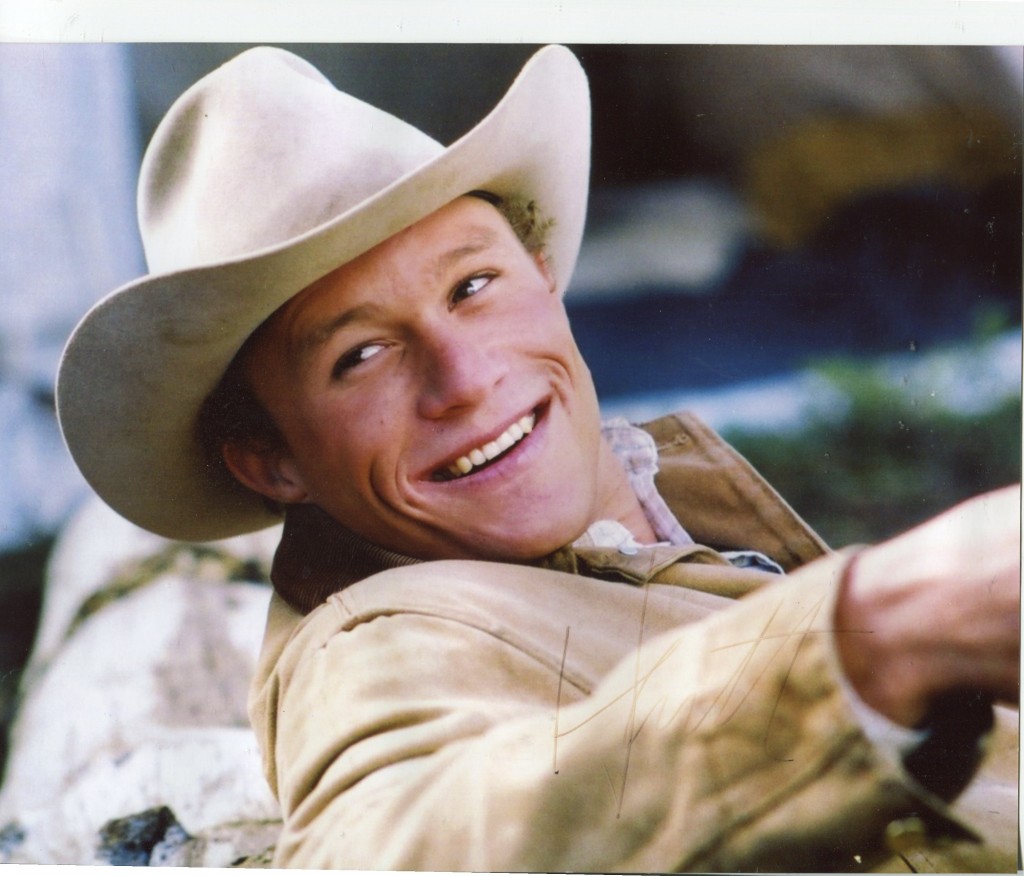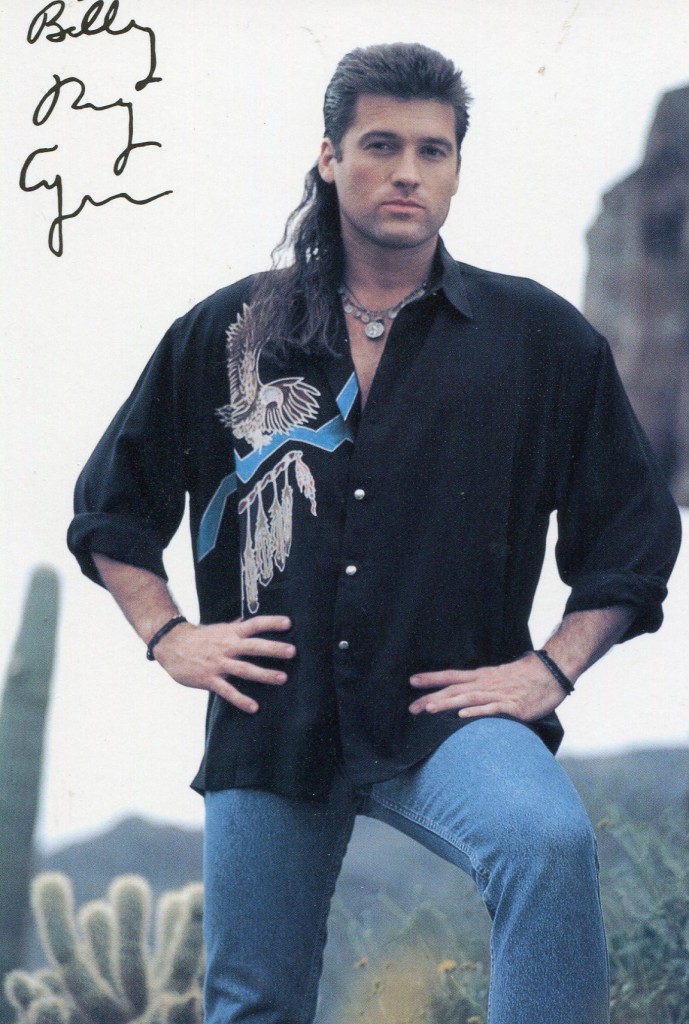An astonishing character actor-turned-lead on stage and screen, William H. Macy was at his best when he was humanizing despairing, imperfect people trying to keep their head up while their world disintegrates. Macy was a longtime collaborator of playwright and director David Mamet, originating the role of Bobby in Mamet’s famed “American Buffalo” on the Chicago stage in 1975, as well as appearing in Mamet’s films throughout his career. Additionally, he was giving memorable performances in several films by another boundary-pushing filmmaker, Paul Thomas Anderson. But of the top names in American independent film, it was the Coen Brothers who brought Macy his ultimate breakout with “Fargo” (1996), in which he gave an unforgettable performance as a car salesman whose very fallible murder plan goes awry. From his Oscar-nominated work in that film, Macy’s hangdog persona and his weathered innocence was tapped for character work in big budget Hollywood films like “Pleasantville” (1997) and “Seabiscuit” (2003). His later credentials also opened the door for Macy to write and star in a number of Emmy-nominated television films including “Door to Door” (TNT, 2002), as well as a tour-de-force performance as a no-good, but ultimately kindhearted alcoholic on the dramedy “Shameless” (Showtime, 2011- ), all of which solidified his reputation as a fountain of quality work and an impeccable performer and storyteller.
Born March 13, 1950, Macy was raised first in Atlanta, GA, where his father ran a construction firm, before relocating to Maryland when his father switched to a job in insurance. Macy was a shy kid, and began to crack out of his shell later in high school, culminating in a live musical performance at the annual talent show. Upon graduation in 1968, Macy adopted a hippie lifestyle which interfered with his half-hearted attempt to study veterinary medicine at Bethany College in West Virginia. Macy transferred to Goddard College in Vermont and became involved in the theater program. It was there that he met David Mamet, a recent Goddard grad who returned to teach acting at his alma mater. When Mamet returned to his native Chicago, IL several years later, he took Macy and writer Steven Schachter with him, and the trio founded the St Nicholas Theater. In 1975, they staged Mamet’s “American Buffalo” with Macy playing Bobby, the youth who serves as a kind of witless apprentice to two hapless thieves. For the rest of the seventies, the actor honed his craft on stage; his boyish handsomeness leading to typecasting as the callow youth (“dead or weeping by the end of the play”) or the boy genius with the solution to the play’s central conflict. At the end of the decade, he began to land small screen roles, including in the 1978 NBC miniseries “The Awakening Land,” the forgettable sex comedy “Foolin’ Around” (1979) and the cult classic, “Somewhere in Time” (1980).
In New York City, Macy found success in off-Broadway shows, including a Mamet-directed “Twelfth Night” (1980-81) and A.R. Gurney’s “The Dining Room” (1982). He and Mamet also co-founded the Atlantic Theatre Company, where Macy both acted, directed and eventually taught acting. Mamet used Macy in small roles in his feature film directing debut, “House of Games” (1987), and the following year in “Things Change” (1988); the same year Macy reached Broadway portraying Howie Newsome in the revival of “Our Town.” When Macy moved to Los Angeles to pursue a film career, Mamet cast him in his first major screen part as a doomed police detective in “Homicide” (1991). His early years in Hollywood were thereafter marked with roles as a villain, child molester, sleazy lawyer or the good cop gone bad. After starring onstage as a college professor accused of sexual harassment by a female student in Mamet’s “Oleanna” (1992), he reprised the role in Mamet’s static 1994 film version. Despite fine turns as the uptight vice principal in “Mr. Holland’s Opus” (1995) and a recurring role as the forever put-upon hospital chief of staff on “ER” (NBC, 1994-2009) from its first season until 1998, leading film roles eluded the gifted actor.
Finally, in 1996, Macy was cast as a conniving car salesman with an eye on his wife’s family money in “Fargo.” His battle of wits with Frances McDormand’s pregnant police chief earned him an Academy Award nomination for Best Actor and, curiously, an Independent Spirit Award win for lead actor. The Coen Brothers’ universally acclaimed dark and bloody comedy not only made him a recognizable “movie star,” it established the actor’s strength in playing frightened, fumbling men on the brink. “I’m completely hooked into the imploding WASP role,” he informed The Los Angeles Times in 1998. Macy made his action-adventure debut in 1997 as a gun-toting presidential adviser supporting Harrison Ford in “Air Force One” (1997). That same year also saw him deliver a touching performance as the cuckolded assistant director to a pornographic filmmaker in Paul Thomas Anderson’s “Boogie Nights” (1997), not to mention a small role in the political send-up “Wag the Dog” (co-scripted by Mamet). With his hangdog look, Macy was perfectly cast (and gave a poignant portrayal) as the repressed TV father in “Pleasantville” (1997) stuck in a black-and-white world while everyone around him blossomed into Technicolor. He was equally splendid in “A Civil Action” as a harried legal accountant with the thankless job of asking for more money while John Travolta’s obsession with one case threatened to bankrupt the practice. He rounded out the year by stepping into Martin Balsam’s shoes as private dick Milton Arbogast in Gus Van Sant’s unnecessary shot-for-shot color remake of Hitchcock’s classic, “Psycho” (1997).
Macy was his usual droll self as the unlikely superhero The Shoveler in the sharply written comedy “Mystery Men” (1999), and was even better when he reunited with Paul Thomas Anderson for “Magnolia” (1999), portraying damaged former “Quiz Kid” Donnie Smith, who has been reduced to a routine job in an electronics store and hopes that pricey dental work will revive his love life. Despite having broken through to high-dollar mainstream films, Macy still made time for more adventurous independent films like “Happy, Texas” (1999), where he played a gay sheriff, and the romantic drama “Panic,” which debuted at Sundance in 2000. Macy co-wrote one of his best parts of 1999 – that of a movie critic who turns out to be a philandering, larcenous murderer in TNT’s “A Slight Case of Murder,” for which the actor earned an Emmy Award for his lead acting. Co-scripted with “Mamet Mafia” mate Schachter, the movie cast him opposite new wife, actress Felicity Huffman. He was able to spend even more time with the missus by taking a recurring role as a ratings expert on her ABC series “Sports Night” during the 1999-2000 season. Back with Mamet for “State and Main” (2000), Macy played a libidinous Hollywood director on location in Vermont. He also acted that year in a London revival of “American Buffalo;” this time taking the larger and older role of Teach.
In 2002, Macy starred in the light-hearted caper comedy “Welcome to Collinwood,” directed by the Russo Brothers and scored on television for his portrayal of a man afflicted with cerebral palsy who is determined to become a door-to-door salesman in the TNT movie “Door to Door” (2002), which Macy co-wrote with Schachter, the director. In 2003, Macy took home Emmy awards for his work as both lead actor and co-screenwriter in the real life story, and followed up by adding a welcome dose of comedy to the reverent historical film “Seabiscuit” (2003), the true-life story of the Depression Era racehorse-turned-folk hero, as the fast-talking, rumor-spreading sports announcer “Tick-Tock” McLaughlin. His performance was recognized with a Golden Globe nomination and in a nice bookend for the year, Macy turned in his ultimate “loser” performance in the offbeat film “The Cooler,” playing a man so overwhelmingly unlucky he is employed by a Las Vegas casino to spread his infectious misfortune, until a torrid affair with a gorgeous cocktail waitress (Maria Bello) turns his luck around. On television, Macy starred opposite David Arquette in the Showtime telepic “Stealing Sinatra” (2003), and earned an Emmy nomination for playing a not-so-clever culprit who holds Frank Sinatra’s son for ransom in the story of a real-life kidnapping case from the 1960s.
He re-teamed with Huffman on the Showtime miniseries “Out of Order” (2003) about the personal lives of married Hollywood screenwriters, and joined his wife and Tom Selleck for the 2004 CBS miniseries “Reversible Errors,” a legal potboiler based on the Scott Turow novel. In 2004, Mamet cast Macy in the edgy political thriller “Spartan” in what at first appeared to be a subdued, walk-on role that helped Macy nearly walk away with the entire film. The actor was again at the top of his game in the equally gimmicky and inspired thriller “Cellular” (2004), spinning his world-weary persona into a seemingly routine, by-the-books veteran police officer who dreams of opening a day spa upon retirement, only to prove that the old dog does have a few new tricks when he is drawn into a bizarre kidnapping case. For cable television’s TNT, Macy penned and starred in the telepic “The Wool Cap” (TNT, 2004) as the mute superintendent of a ramshackle apartment building who becomes the unwilling guardian of a little girl with an attitude. He earned another Emmy nomination as well as a Golden Globe nomination for his performance before starring in Mamet’s film version of his 1982 play “Edmund” (2005), playing a bland businessman who encounters a mysterious fortune teller who sends him on a darkly funny descent into a modern urban hell.
Back on the small screen, Macy earned another Emmy award nomination for Outstanding Lead Actor in a Miniseries or Movie for “Nightmares & Dreamscapes: From the Stories of Stephen King” (TNT, 2005-06), an anthology series based on a trio of stories penned by the master of horror himself. In one of the following year’s most talked about independent films, Macy had a role in “Thank You for Smoking” (2006), as a Vermont senator trying to take down a tobacco lobbyist with a gift for spin. After voicing characters in animated features “Doogal” (2006) and “Everyone’s Hero” (2006), Macy joined an all-star cast for the docudrama “Bobby” (2006), director Emilio Estevez’s engaging look at the 16 hours prior to Senator Robert F. Kennedy’s assassination at the Ambassador Hotel in Los Angeles. Macy made a surprisingly commercial career choice when he joined John Travolta, Tim Allen, and Martin Lawrence in “Wild Hogs” (2007), a hugely successful comedy about four down-and-out men who embark on a freewheeling, cross-country motorcycle trip in order to prove their manhood. He returned to more artful offerings in 2008, including “He Was a Quiet Man” (2008), a well-received limited release starring Christian Slater as a vengeful office worker and “The Deal,” a comedy scripted by Macy and co-starring Macy, Meg Ryan and Jason Ritter in a satire of Hollywood action films. The film debuted at the Sundance Film Festival, but failed to land distribution and was released on home video in 2008.
Macy lent his voice to the animated fantasy film “Tale of Despereaux” (2008) and returned to the big screen in 2009 in the comedy “The Maiden Heist,” playing one of a trio of museum guards who plot to steal the artworks they have grown fond of. He also appeared in the Robert Rodriguez family comedy “Shorts” (2009) as the father of a boy who discovers a magical, wish-granting rock. Following supporting turns in “Maiden Heist” (2009) and “Bart Got a Room” (2009), Macy appeared in the critically maligned live action adaptation of the comic strip “Marmaduke” (2010). He next appeared as an investigator who doubts the innocence of an accused would-be murderer (Ryan Phillippe) defended by a slick attorney (Matthew McConaughey) who operates his business out of his Lincoln Town Car in “The Lincoln Lawyer” (2011). Back on the small screen, Macy delivered an attention-grabbing performance as a dysfunctional father of six and hopeless alcoholic who leaves his children to fend for themselves on the acclaimed series “Shameless” (Showtime, 2011- ), a remake of a British series of the same name that aired on the BBC the previous decade. Always one to choose interesting projects, Macy played an unorthodox priest who advises a nearly 40-year-old man (John Hawkes) who has spent most of his life inside an iron lung to hire a professional sex surrogate (Helen Hunt) so he can lose his virginity in the critically acclaimed drama, “The Sessions” (2012).



